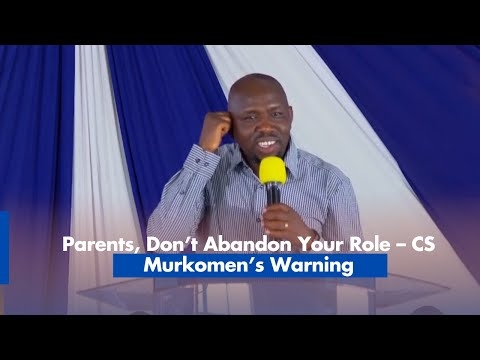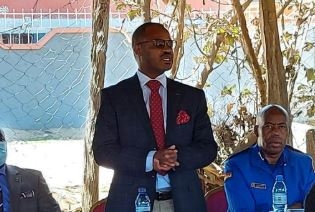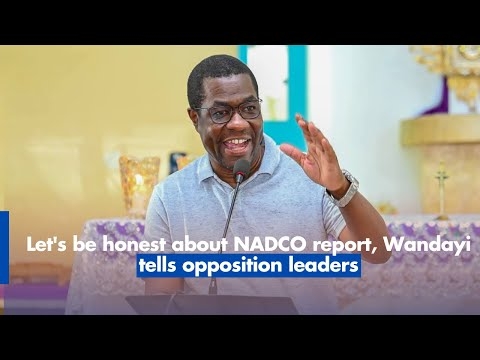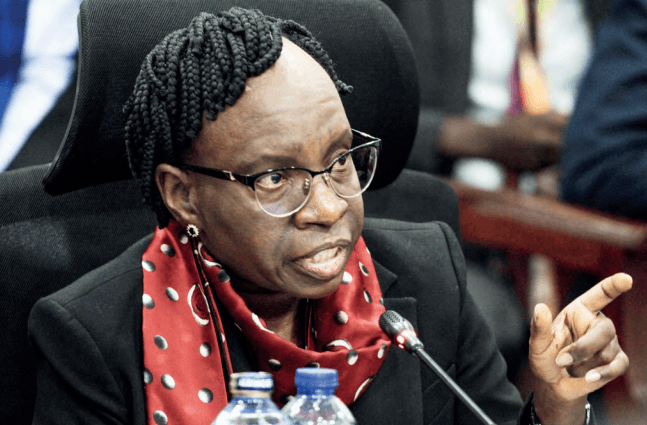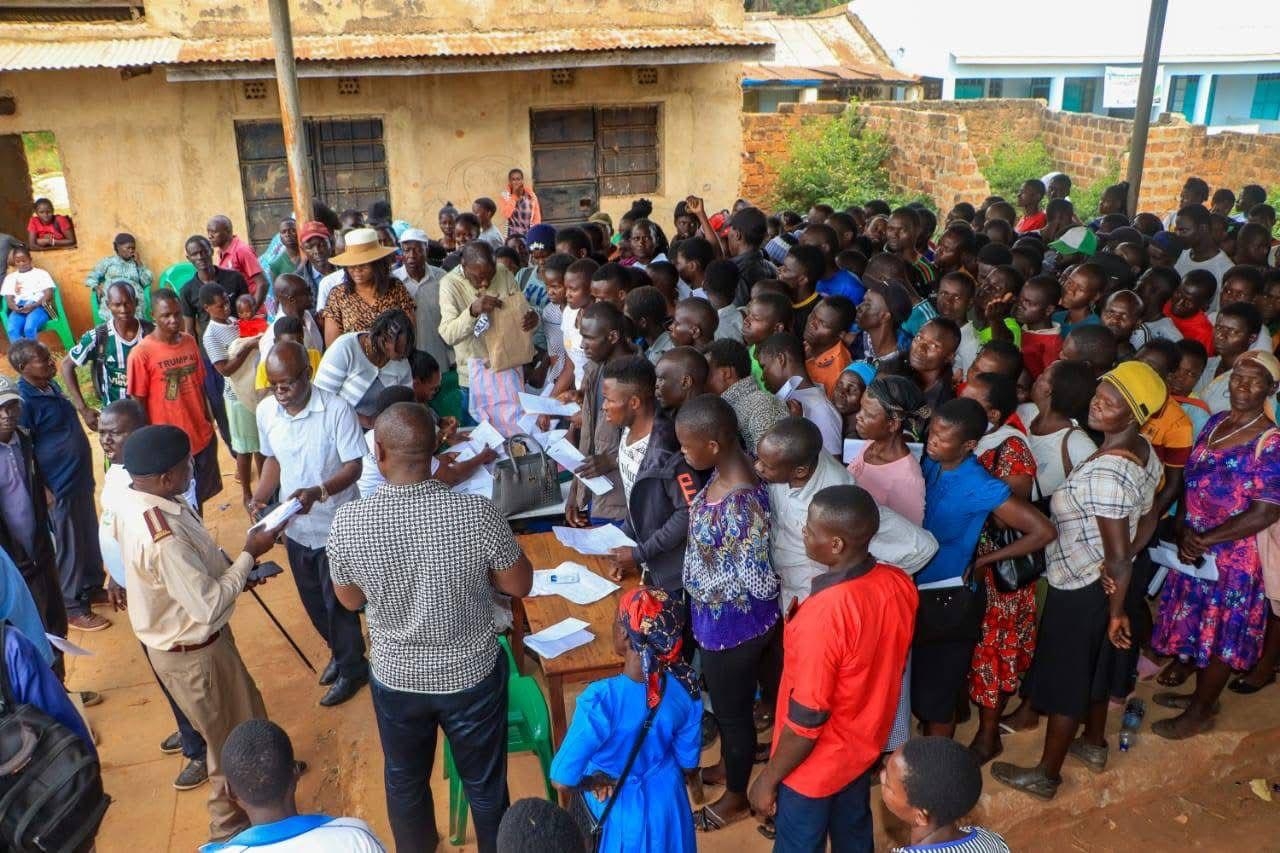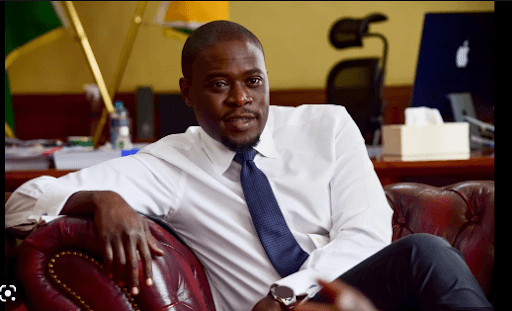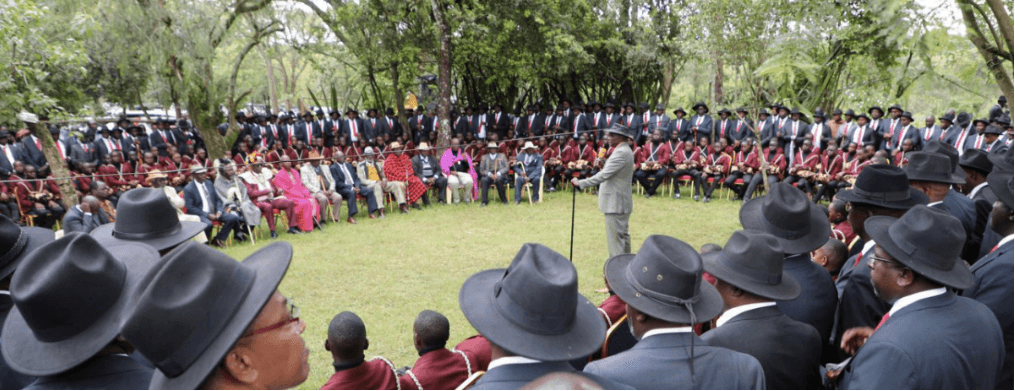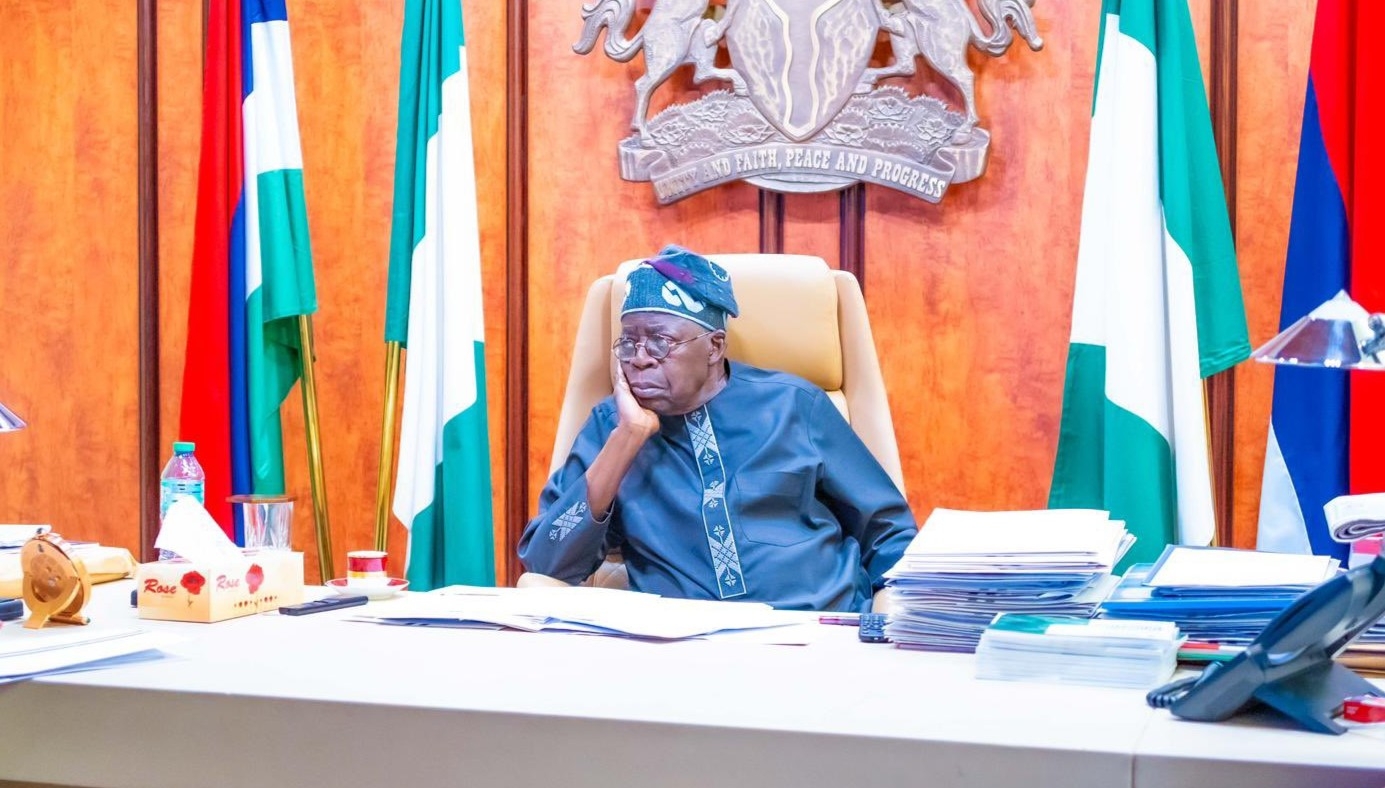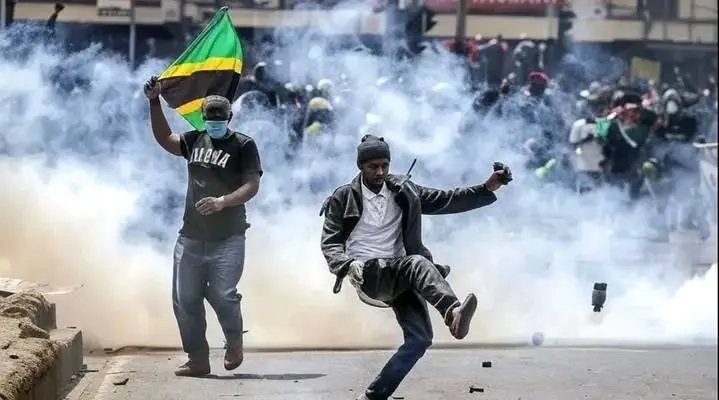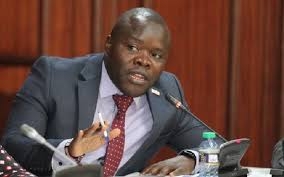Civil society groups want President William Ruto to competitively recruit a civilian as the new Inspector General of police.
This came amid mounting concerns of police brutality and extrajudicial killings arising from the continuing anti-government protests.
The law allows the National Police Service to be headed by a civilian with integrity and have served in a senior management position for at least 15 years in disciplines such as criminal justice and policy development.
The candidate must be a Kenyan citizen with a degree from a recognised university. He or she must have demonstrated distinction in their career and met the requirements of Chapter Six of the Constitution.
Lobbies, under the Police Reforms Working Group, have said there is need for a fresh start in focusing on reforms, accountability and democratic police that abides by the rule of law.
The lobbies forming the Police Reforms Working Group include Defender’s Coalition, Independent Medico-Legal Unit, Kariobangi Paralegal Network, Katiba Institute, Social Justice Centres Working Group, and Kenyan Section of the International Commission of Jurists.
Others area International Justice Mission, Haki Africa, Amnesty International Kenya and Kenya Human Rights Commission.
A civilian and not a police insider, would the best candidate to redeem the image and legitimacy of the police, they said.
“In line with these key qualifications, we urge the President to strongly also consider competitively appointing a civilian to head the National Police Service,” the lobbyists said.
They also wants Ruto to ensure the next IG is competitively recruited by allowing the public to participate in the process as part of raising confidence in the police.
Ruto last week announced the resignation of IG Japhet Koome and appointed Douglas Kanja as replacement in acting capacity.
Koome’s resignation came on the same day bodies were discovered at a dumping site in Kware, Pipeline, in Nairobi.
The lobbyists say their memorandum demanding a competitive process during the appointment of Koome were ignored.
They had raised concerns over the suitability and integrity of Koome.
The law does not require the President to competitively appoint the boss chief following the Security Law (Amendment) Act, 2014, which gave the head of state authority to nominate the IG for parliamentary vetting, without the input of the National Police Service Commission.
The amendments also changed the procedure for the removal of the IG-NPS, leaving the President with little power in law to remove the Inspector General from office.
“This change continues to undermine police independence, accountability and the spirit of the constitution. It has fuelled widespread and systemic police corruption, extortion, criminality, widespread human rights violations and lack of public accountability,” the lobbies say.
The National Taskforce on Police Welfare and Reforms report recommends the reinstatement of competitive recruitment processes for the IG, directors of Internal Affairs and Criminal Investigations and Deputy Inspector Generals of KPS and AP.
The groups also appeal for “appointment of a progressive Inspector General, who will exercise independent command over the National Police Service and perform any other functions prescribed by national legislation remains in the public interest”.
And to deal with the concern about police abuses, the lobbies want the President to enforce accountability of top commanders, claiming they are the ones issuing illegal orders to their juniors quelling the riots.
“To break this cycle, superiors must be held criminally liable in line with the principle of command responsibility, especially where the violations committed satisfy the threshold of international crimes under the International Crimes Act, 2008,” they said.
“We maintain that even when the violations do not meet the threshold of international crimes, prompt, independent, transparent, effective, and thorough investigations must still be conducted to identify individual perpetrators and hold them criminally accountable.”



